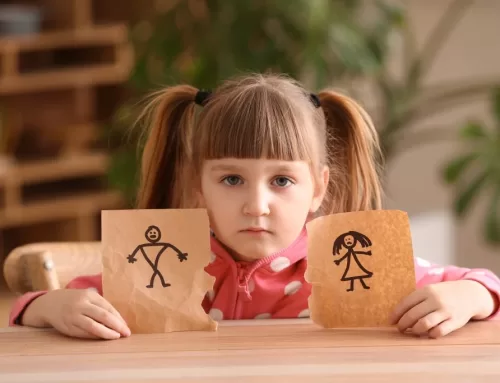Deciding when your child should go to therapy is a thoughtful decision that depends on various factors. Every child handles stress differently, and it’s important to recognize when additional support from a mental health professional might be necessary.
Here are some situations where seeking therapy for your child could be beneficial:
- Behavioral Changes: If your child displays sudden or extreme changes in behavior, such as increased aggression, withdrawal, or mood swings that affect their daily life and relationships.
- Emotional Difficulties: Persistent feelings of sadness, anxiety, fear, or worry that interfere with your child’s ability to function normally or enjoy activities they used to love.
- Difficulty Coping with Stress: If your child is struggling to cope with significant life changes, trauma, academic pressure, or family issues.
- Social Challenges: Difficulty making friends, conflicts with peers, or social withdrawal that impacts their social skills and interactions.
- Academic Issues: A noticeable decline in academic performance, difficulty concentrating, or frequent complaints of physical symptoms like headaches or stomachaches related to stress.
- Loss or Grief: If your child experiences a significant loss, such as a death in the family or a divorce, and is having difficulty processing their emotions.
- Behavioral Problems: Persistent behavioral issues at home or school, such as defiance, lying, or self-destructive behaviors.
- Physical Symptoms: Complaints of physical ailments despite medical evaluations, which may be linked to emotional distress.
- Unstable Family Dynamics: When family conflicts or changes significantly impact your child’s emotional well-being and behavior.
- Self-Harm or Suicidal Thoughts: Any signs of self-harm, suicidal thoughts, or expressions of hopelessness require immediate professional intervention.
It’s important to trust your instincts as a parent.
If you notice any of these signs or have concerns about your child’s well-being, consider consulting with your child’s pediatrician or one of our trained child and adolescent therapists. We can provide guidance on whether therapy is appropriate and help you navigate the next steps in supporting your child’s mental health. Early intervention can make a significant difference in addressing issues and promoting your child’s emotional resilience and well-being.




Leave A Comment